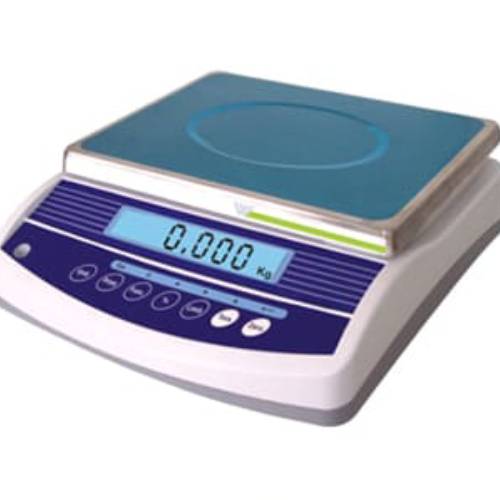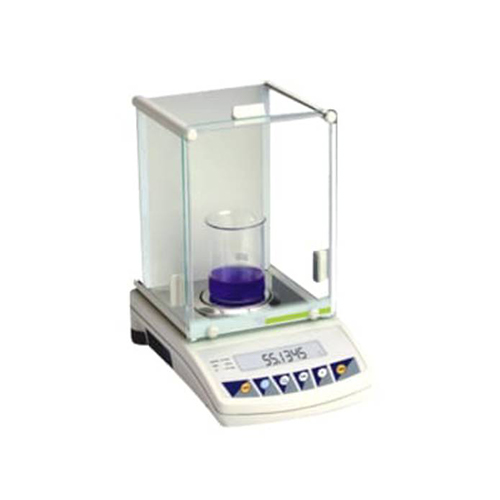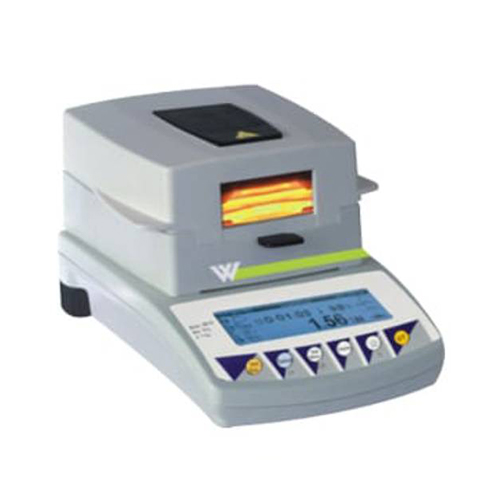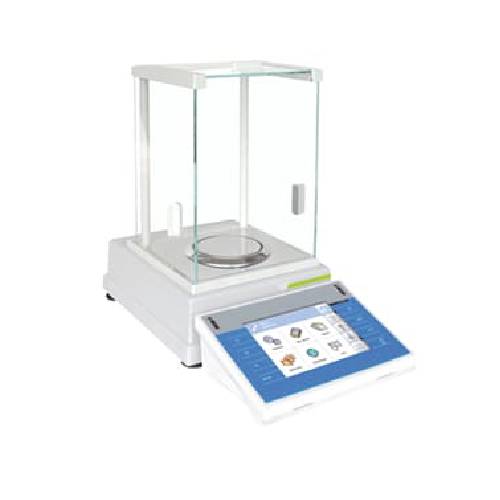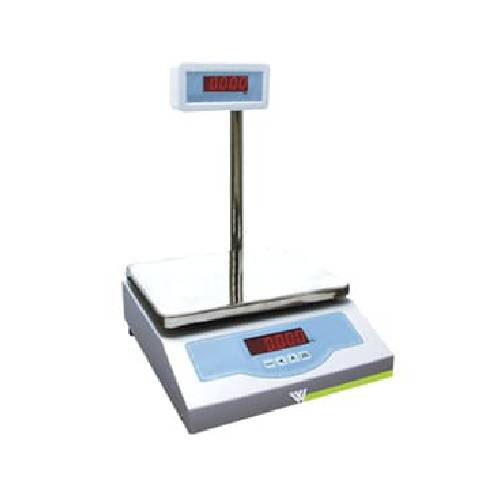Lab Balances Manufacturer
Lab balances are precision instruments used in scientific laboratories to measure the mass of substances with high accuracy and sensitivity. They are essential tools in fields such as chemistry, biology, and materials science, where precise measurements are critical for experiments, quality control, and formulation. Lab balances come in various types, including analytical balances, precision balances, and microbalances, each designed to meet specific measurement requirements.
Analytical balances are highly sensitive instruments capable of measuring small masses, typically with a readability of 0.0001 grams (0.1 mg) or better. They are often used in applications where exact measurements are necessary, such as preparing standard solutions or weighing minute quantities of chemicals. These balances usually feature an enclosed weighing chamber to prevent air currents and environmental factors from affecting the measurement accuracy.
Precision balances, on the other hand, offer a slightly lower level of sensitivity, usually with a readability ranging from 0.01 grams to 0.1 grams. They are suitable for routine laboratory tasks that require a good level of accuracy but do not necessitate the extreme precision of an analytical balance. Microbalances are specialized instruments capable of measuring extremely small masses, down to the microgram level, and are used in fields like pharmacology and nanotechnology.
Modern lab balances are equipped with advanced features such as digital displays, data logging, and connectivity options for integration with laboratory information management systems (LIMS). These features enhance their functionality, making them not only tools for measurement but also critical components of the broader laboratory workflow. The reliability and accuracy of lab balances are paramount in ensuring the validity and reproducibility of scientific results.

